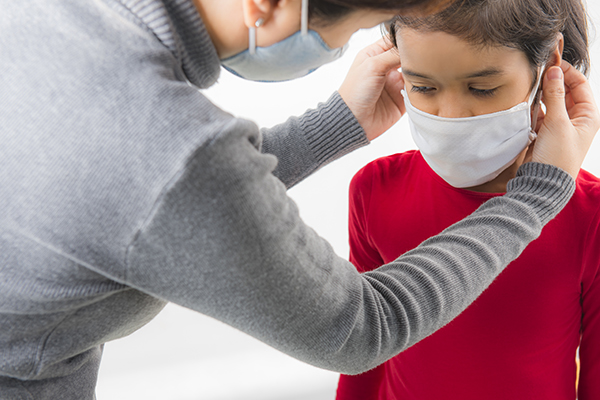
One of the treatments for anxiety disorders is called "exposure therapy," wherein the patient is exposed to the source of anxiety to help him overcome his anxious feelings.
In most cases, a dose of the stress hormone, cortisol, before exposure treatment can bring improvements in mental health. However, recent findings suggest that this is not the case when cortisol is taken after exposure therapy.
A study published in the journal Psychoneuroendocrinology found that administering cortisol to patients who recently underwent exposure therapy does not grant any benefits.
"Various studies have shown that extinction can be accelerated or reinforced in healthy individuals by administering the stress hormone cortisol," said corresponding author Armin Zlomuzica.
Anxiety and cortisol
According to the Anxiety and Depression Association of America, anxiety disorders are the most common types of mental illness in the United States – affecting around 40 million American adults aged 18 and above. In normal circumstances, cortisol administration prior to exposure therapy can promote the efficacy of the treatment for certain phobias. Cortisol is a stress hormone that plays a role in various bodily functions like regulating blood sugar and reducing inflammation. The stress hormone is also said to reduce fear retrieval at the beginning of exposure therapy and enhances the corrective information learned during the therapy. (Related: Supplement with these herbs to keep your cortisol levels under control.)
However, in the current study, researchers from the Ruhr-Universität Bochum (RUB) in Germany looked into testing what happens if the stress hormone is administered to patients after exposing them to the source of their anxiety. The study was done with the idea that cortisol could still be used after successful exposure to reinforce positive therapy outcomes.
To do so, the researchers recruited 43 patients with arachnophobia (fear of spiders) to take part in a double-blind, placebo-controlled study. The participants were treated with a single session of exposure therapy followed by a dose of cortisol. The exposure therapy involved a therapist presenting a spider in a terrarium and asking the participants to get as close to it as possible.
The researchers recorded the severity of the participants' fear of spiders both before and after exposure to the trigger. Because of this, the patients were able to subjectively assess their own fear. Finally, the researchers also performed a behavioral approach test to gather an objective measure of each patient's phobia.
From the results, the researchers observed that many of the patients could approach the spider much more closely than they usually can almost immediately after the therapy. However, the research team is mostly interested in the long-term effects of cortisol application. Therefore, they repeated the same behavioral approach test after a follow-up period of one month and six months – both with different contexts. The first test takes place in the room where the patients experienced their therapy while the second test made use of a different room with a different terrarium and supervisor.
"Our study has shown that the learned behavior was much more strongly linked to the context following the application of the drug, which is not what we want in the long term," explains Zlomuzica.
According to the researchers, patients administered with cortisol after exposure therapy were more likely to experience a relapse when exposed to a spider in a different context. Cortisol-treated patients showed an increase in subjective fear after a seven-month follow-up. In conclusion, the researchers believe that administering cortisol after therapy does not provide any sort of benefit for the patients.
Learn more about anxiety and ways to ease its symptoms at MindBodyScience.news.
Sources include:
Please contact us for more information.























